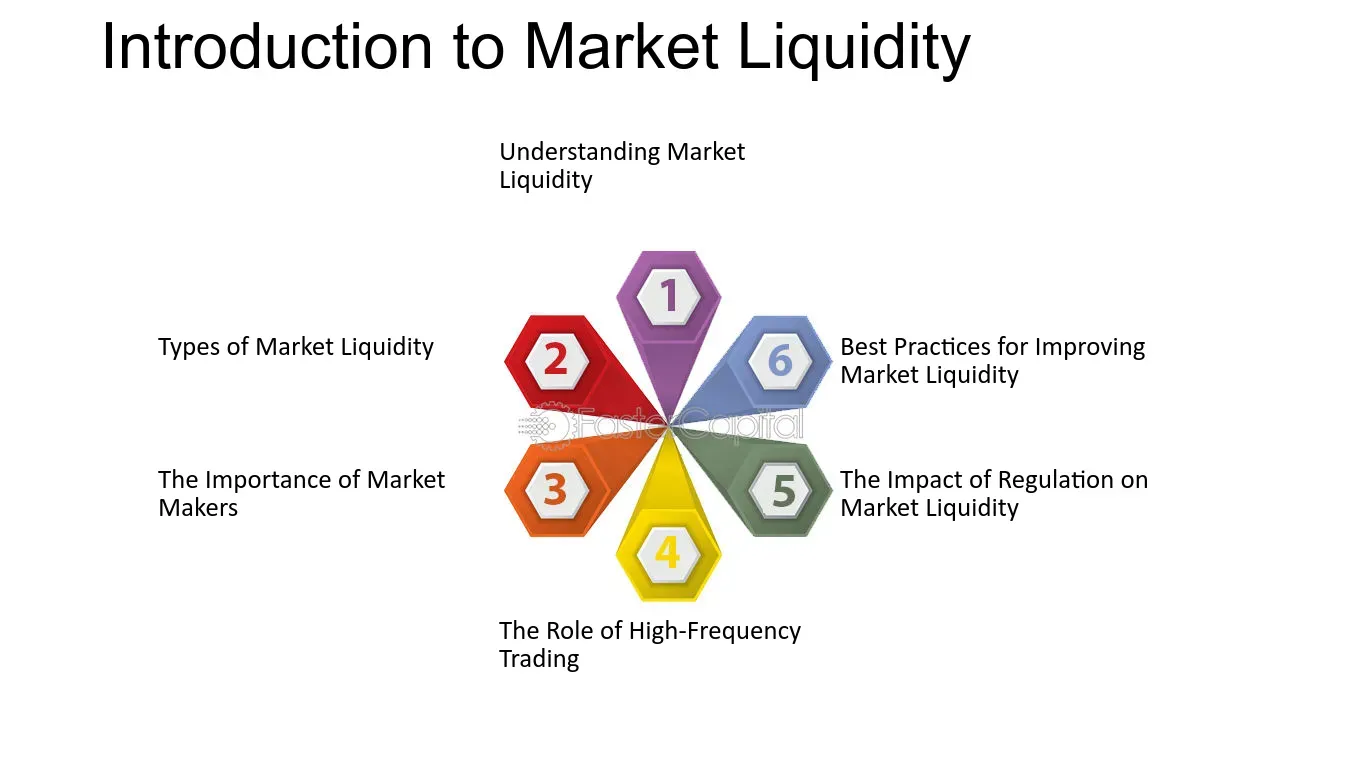ETF Expansion: Mainstream Finance Embraces Digital Assets

The crypto ETF revolution that began with Bitcoin has accelerated dramatically in 2025. With around 27 crypto ETF launches already this year, we're seeing unprecedented institutional adoption that's fundamentally changing how people access cryptocurrency investments. This transformation represents more than just new financial products—it's a complete restructuring of how traditional finance views and interacts with digital assets.
Beyond Bitcoin: The ETF Evolution

While Bitcoin ETFs opened the floodgates, Ethereum ETFs have proven that the market has appetite for more sophisticated crypto investments that go beyond simple digital gold narratives. These funds have made it possible for traditional investors to gain exposure to smart contract platforms and DeFi ecosystems without the technical complexity of setting up wallets, managing private keys, or understanding gas fees.
The success of these ETFs has been remarkable from multiple perspectives. They've brought billions in institutional capital into the crypto market while providing the regulatory clarity that many large investors required before participating. Pension funds, insurance companies, and family offices that were previously prohibited from crypto investments due to regulatory constraints or internal policies can now participate through these regulated vehicles.
The ETF structure provides several advantages that direct crypto ownership cannot match. Professional custody eliminates the risk of lost private keys or exchange hacks that have historically plagued individual investors. Regulatory oversight provides transparency and investor protections that are absent in many direct crypto investments. Tax efficiency is often superior, as ETF shares can be held in tax-advantaged accounts and don't trigger taxable events when rebalancing between different crypto exposures.
Diversification and Risk Management
Modern crypto ETFs are becoming increasingly sophisticated in their approaches to portfolio construction and risk management. Some focus on single assets like Bitcoin or Ethereum, while others provide diversified exposure to multiple cryptocurrencies, DeFi protocols, or specific crypto sectors like layer-1 blockchains or decentralized finance.
The diversified ETFs are particularly interesting because they provide professional portfolio management that most individual investors cannot replicate. Fund managers use sophisticated algorithms to weight positions based on market capitalization, liquidity, and fundamental analysis. They can rebalance portfolios dynamically based on market conditions and maintain optimal position sizes that individual investors might struggle to achieve.
Risk management features built into these ETFs include position limits that prevent over-concentration in any single asset, liquidity requirements that ensure funds can meet redemption requests, and professional oversight that monitors for market manipulation or other irregularities that could affect fund performance.
What's Next: Solana and Beyond

Market speculation is intensifying around potential Solana ETFs, which would represent the next major milestone in crypto ETF evolution. Solana's high-performance blockchain and growing ecosystem make it an attractive candidate for institutional investment vehicles. The network's focus on scalability and developer-friendly tools has created a vibrant ecosystem of applications that could appeal to institutional investors seeking exposure to next-generation blockchain technology.
Beyond Solana, there's growing interest in ETFs that would provide exposure to specific crypto sectors or use cases. DeFi ETFs could focus on decentralized finance protocols and governance tokens. Gaming and NFT ETFs could target projects building the metaverse and digital ownership infrastructure. Infrastructure ETFs could focus on layer-1 blockchains, oracle networks, and other foundational technologies.
The regulatory approval process for new crypto ETFs is becoming more streamlined as regulators develop frameworks and precedents for evaluating these products. This is creating a pipeline of potential new ETFs that could launch in the coming months and years.
Institutional Infrastructure Development
The ripple effects of ETF success extend far beyond just the underlying assets. These funds have created more stable price floors during market downturns, as institutional buying pressure provides support during volatile periods. The regular inflows from systematic investment strategies like dollar-cost averaging create predictable demand that helps stabilize prices.
The regulatory oversight and transparency requirements have reduced concerns about market manipulation and created more confidence among institutional investors who were previously skeptical about crypto market integrity. This has attracted even more institutional interest, creating a positive feedback loop of growing institutional adoption.
The success of crypto ETFs has also spurred development of related financial products like crypto futures, options, and structured products that provide additional ways for institutions to gain crypto exposure while managing risk according to their specific requirements.
Impact on Market Dynamics and Liquidity

ETFs have fundamentally changed crypto market dynamics in ways that benefit all market participants. The regular buying pressure from institutional flows has created more predictable support levels and reduced the impact of large sell orders that previously could cause significant price volatility.
The increased institutional participation has improved market liquidity and reduced bid-ask spreads, making crypto trading more efficient for all participants. The presence of large, sophisticated institutional traders has also reduced the impact of market manipulation attempts that were more effective when crypto markets were dominated by retail participants.
The transparency requirements for ETFs have created better price discovery mechanisms and reduced information asymmetries that previously gave advantages to insiders or large traders with superior market access. This has created more fair and efficient markets that benefit long-term investors.
Global Expansion and Regulatory Trends
The success of crypto ETFs in major markets is encouraging regulatory authorities in other jurisdictions to develop their own frameworks for crypto investment products. This is creating a global expansion of crypto ETF availability that provides more options for international investors and creates additional demand for underlying crypto assets.
The regulatory clarity created by ETF approvals is also benefiting the broader crypto ecosystem by establishing precedents for how digital assets can be regulated and integrated into traditional financial systems. This regulatory progress is reducing uncertainty and encouraging more institutional participation across all areas of the crypto market.
Key References:
- Bloomberg ETF Intelligence: 2025 Crypto ETF Market Report
- SEC Filing Database: Approved Crypto ETF Applications
- BlackRock: Institutional Crypto Investment Trends
- VanEck: The Future of Cryptocurrency ETFs
About Mitosis:
Mitosis APP
Blog
Docs
X
Discord



Comments ()